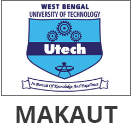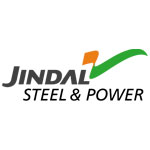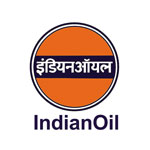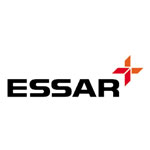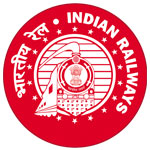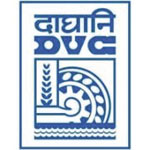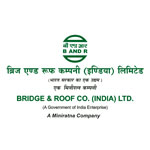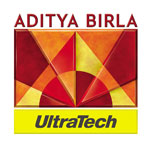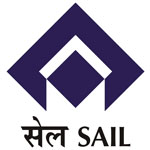- Home
- About Us
- Courses
- NSHM Business School
- BBA (Bachelor of Business Administration)
- BBA – Hospital Management
- BBA – Global Business
- BBA – Sports Management
- BBA – Accountancy, Taxation & Auditing
- BBA – Accountancy, Taxation and Auditing + BSE Certification
- BBA – Banking & Financial Services
- MBA (Master of Business Administration)
- Executive MBA
- MHA (Master of Hospital Administration)
- NSHM Institute of Health Sciences
- Bachelor of Pharmacy
- Bachelor of Pharmacy (Lateral)
- Bachelor of Optometry
- B.Sc. – Psychology
- B.Sc. – Dietetics and Nutrition
- B.Sc. – Medical Lab Technology
- B.Sc. – Radiology & Medical Imaging Technology
- B.Sc. – Critical Care Technology
- B.Sc. – Yoga
- Master of Optometry
- Master of Optometry (BL)
- Master of Pharmacy – Pharmacology
- Master of Pharmacy – Pharmaceutics
- Master of Public Health
- Master of Public Health (BL)
- M.Sc. – Clinical Psychology
- M.Sc. – Dietetics and Nutrition
- M.Sc. – Medical Lab Technology
- M.Sc. – Radiology & Imaging Technology
- M.Sc. – Yoga
- M.Sc. – Yoga (BL)
- NSHM Design School
- NSHM Institute of Computing & Analytics
- NSHM Institute of Engineering & Technology
- B. Tech. – Mechanical Engineering
- B. Tech. – Mechanical Engineering (Lateral)
- B. Tech. in Civil Engineering
- B. Tech. – Civil Engineering (Lateral)
- B. Tech. – Computer Science Engineering
- B. Tech. – Computer Science Engineering (Lateral)
- B. Tech. – Electronics & Communication Engineering
- B. Tech. – Electronics & Communication Engineering (Lateral)
- B. Tech. – Artificial Intelligence and Machine Learning
- B. Tech. – Artificial Intelligence and Machine Learning (Lateral)
- B. Tech. – Electrical Engineering
- B. Tech. – Electrical Engineering (Lateral)
- B. Tech. – Data Science
- B. Tech. – Data Science (Lateral)
- NSHM Institute of Hotel & Tourism Management
- NSHM Institute of Nursing
- NSHM Media School
- NSHM Business School
- Schools & Campuses
- Beyond Academics
- Admissions
- News & Events
- Contact Us
Overview
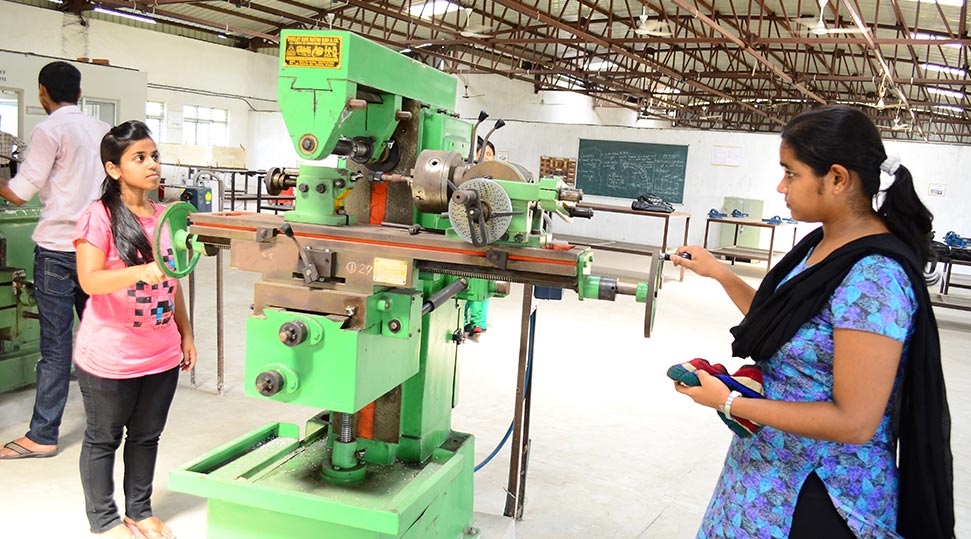
Mechanical engineering is the specialisation that encompasses its application throughout all fields- be it light or heavy engineering, metal or mining industry, agriculture or medical application, petro-chemical and ocean engineering, transportation or aerospace. Our vision is to infuse both theoretical knowledge with intense application/ industry orientation – be it in classroom, laboratories or actual industry.
The faculty members here have been drawn out from all environments like academic, research, and industry. Some of them are enormously experienced in all these areas and thus are constant model-guide to the students. Research activities in collaboration with NIT, ISM, and National Laboratories are also conducted by the department.
Programme Education Objective
- Prepare the students with strong fundamental knowledge in Mathematics, Science, English and Engineering Sciences so as to enable them to analyse the Mechanical Engineering related problems with requisite core competencies and professionalism.
- Help them acquire technical knowledge in the subjects and technical skills in classical software packages, applying the same for design, fabricate and install the machines and to work in all related fields of engineering in different industrial environments and multidisciplinary setting involving continuous learning, research and development with high moral and ethical values.
Career Opportunities
Mechanical Engineering is one of the core branches of engineering that always has an undying importance and it will continue for generations. There are ample job opportunities in Government and private sectors after completing B.Tech in Mechanical Engineering. There is high demand for Mechanical Engineers in India in industries like –
- Aerospace
- Automobile
- Thermal Plants
- Steel Plants
- Shipping Industry
- Mechatronics
- Robotics and so on.
Programme Structure
Core Curriculum
Design
Engineering Drawing
Technical drawing fundamentals, systems thinking, Engineering the imagination and ability, engineering drawing skills, Computer aided engineering design and systems development, Machine design drawing, AutoCAD
Engineering Mechanics
Applied knowledge of mathematics and physics, Strength of Materials, design of system, machine components, realistic constraints, process, and engineering practices, solving real world problems
Manufacturing
Metrology & Measurements
various Methods of measurements using various instruments, various machine tools and mechanism of operations
Manufacturing Processes
various production processes, industrial manufacturing, advanced manufacturing, CNC, EDM, and Robotics for automated manufacturing
Thermal Sciences
IC Engines
various heat engines used for propulsion
Fluid Mechanics & Hydraulic Machinies
importance of fluid flow measurement and its applications in Industries
Heat Transfer
analyse and develop solutions related to heat exchangers, pipes , and associated engineering problems
Fee Structure
Fee Structure as per latest Govt notification 466-Edn-(T)/10M-04/2004(Part IV) dated 16.10.2023
| Sem 1 | Sem 2 | Sem 3 | Sem 4 | Sem 5 | Sem 6 | Sem 7 | Sem 8 | TOTAL | |
| AY 23-24 | AY 24-25 | AY 25-26 | AY 26-27 | AY 23-27 | |||||
| Admission Fee(One-Time) | 10000 | ||||||||
| Tuition Fee | 41000 | 41000 | 41000 | 41000 | 41000 | 41000 | 41000 | 41000 | |
| Development Fee | 6150 | 6150 | 6150 | 6150 | 6150 | 6150 | 6150 | 6150 | |
| Lib-cum-Book-Bank Fee | 6000 | 0 | 0 | 0 | 0 | 0 | 0 | 0 | |
| Student Welfare, Sports & Games Fee | 500 | 500 | 500 | 500 | 500 | 500 | 500 | 500 | |
| Alumni Membership Fee | 0 | 0 | 0 | 0 | 5000 | ||||
| Total fee excluding University charges | 63650 | 47650 | 47650 | 47650 | 47650 | 47650 | 47650 | 52650 | 402200 |
Programme Type - UG
Duration - 4 years
Minimum Eligibility - Entry Requirements:
10+2 passed in Science stream. Qualifying entry requirement: WBJEE and JEE (main). Admission to second year of B. Tech program (Lateral Entry) is based on qualifying JELET.
Degree Awarded By -
